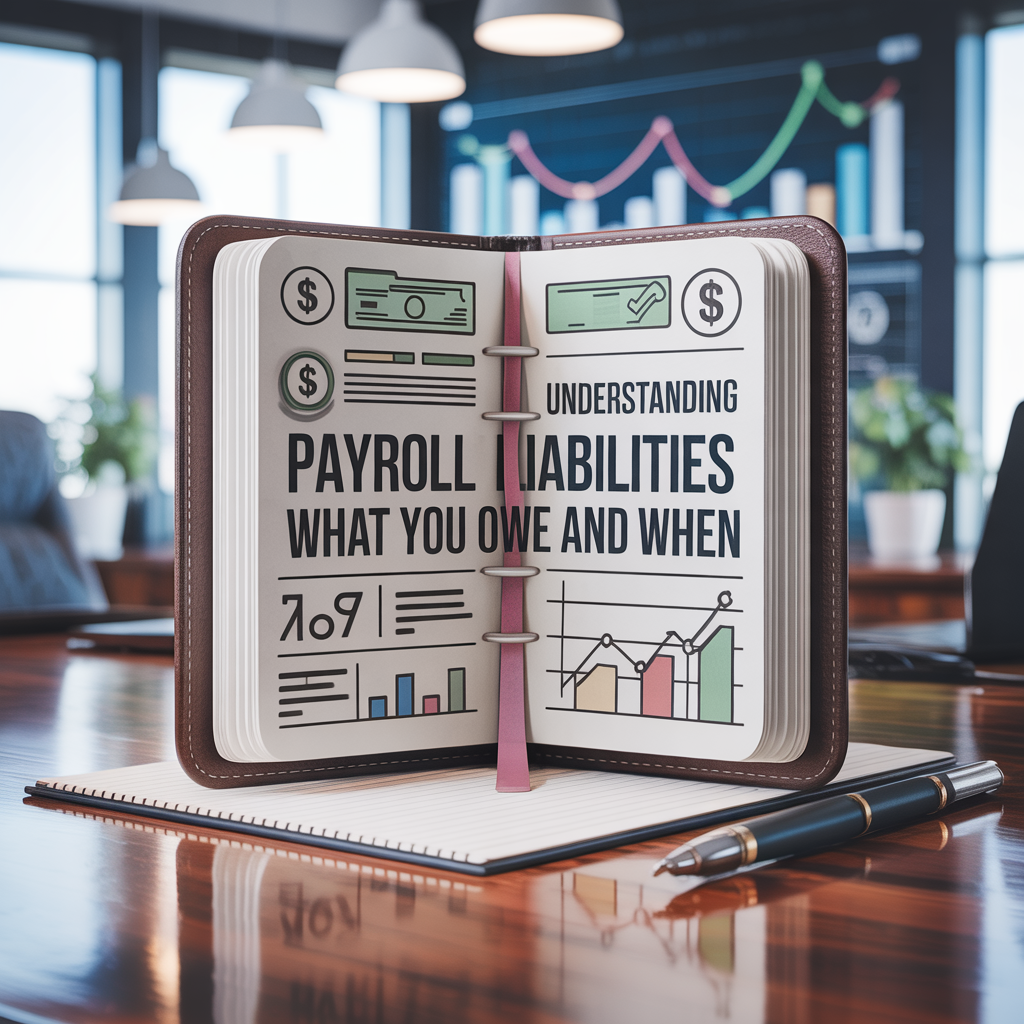How to Pay Yourself Legally in an Oklahoma S Corp or LLC

If you're an Oklahoma small business owner, it’s natural to ask:
"How do I pay myself the right way?"
The answer depends on your business structure — and getting it wrong can mean IRS penalties, payroll tax audits, or even the loss of your S Corp election.
This blog breaks down exactly how to pay yourself if you own an LLC or S Corporation in Oklahoma — including what counts as “reasonable compensation,” how to run payroll properly, and when to take owner draws vs. wages.
Why It Matters – Payroll Isn’t Just for Employees
If you’re the owner of an S Corporation or multi-member LLC:
- You must follow IRS rules on officer compensation
- You may need to run actual payroll (with withholdings and W-2s)
- You can’t just take “draws” and call it a day
Paying yourself incorrectly can trigger:
- IRS notices
- Payroll tax audits
- Back tax assessments
- Loss of tax deductions
- Penalties for improper filings
Option 1: You're an S Corporation Owner in Oklahoma
Do You Work in the Business?
If you’re involved in day-to-day operations — even partially — the IRS requires that you:
- Take a reasonable salary
- Run that salary through payroll
- Withhold and pay FICA taxes (Social Security and Medicare)
- File Form 941 quarterly and issue yourself a W-2 at year-end
This salary is taxable and subject to payroll taxes. But any remaining profits can be distributed to you as an owner distribution, which is not subject to self-employment tax.
Learn more: Reasonable Compensation for S Corps »
What Is a Reasonable Salary?
The IRS requires a wage that reflects:
- The market rate for your role
- Your experience
- Your time commitment
- What you’d pay someone else to do the same work
If you're:
- Running sales, marketing, and operations
- Performing bookkeeping or tax services
- Providing licensed professional services
...you need to pay yourself a salary that matches that role. The IRS expects W-2 income before you take distributions.
We help Oklahoma business owners determine a defensible salary and set up compliant payroll.
Option 2: You Own an LLC (Taxed as a Sole Proprietor or Partnership)
If You're a Sole Proprietor:
- You do not pay yourself through payroll
- You take owner draws (distributions)
- You pay self-employment tax (15.3%) on all profits via your 1040
- You still should track compensation separately for financial clarity
No W-2. No payroll. Just regular draws and estimated tax payments.
If You Have a Multi-Member LLC:
- You do not run payroll for partners
- You take guaranteed payments or draws
- You report your share of profit via Schedule K-1
Still no W-2 — but guaranteed payments can be treated like a “salary substitute” for internal budgeting and partner roles.
Should You Switch to an S Corp?
S Corps are often used in Oklahoma when:
- Net profits are above $40,000–$60,000/year
- You want to reduce self-employment taxes
- You’re ready to run official payroll
- You want a clean separation between salary and profits
But they require:
- Quarterly payroll filings
- Bookkeeping that supports distributions
- Accurate reasonable compensation documentation
We advise many Oklahoma clients on when to switch and how to run payroll the right way once they do.
How to Set Up Owner Payroll (S Corp)
- Register your EIN (if not already done)
- Enroll with the IRS, Oklahoma Tax Commission, and OESC
- Set your salary amount and pay schedule
- Use payroll software or a CPA-led service
- Withhold and remit taxes quarterly
- Issue yourself a W-2 at year-end
- Take additional profits as distributions (if desired)
We take care of all of this setup for clients through our CPA-led payroll platform.
Can I Just Take a Draw?
Only if you're:
- A sole proprietor
- A partner in an LLC
- An inactive S Corp owner (not performing any services)
If you’re working in your business and it’s an S Corp, draws alone are not compliant.
What About Estimated Taxes?
If you’re taking draws (not payroll):
- You must pay quarterly estimated taxes
- This covers income tax and self-employment tax
- Failure to pay can lead to penalties, underpayment interest, and year-end tax surprises
Even S Corp owners may need estimated tax payments for non-W-2 income.
We help clients project, budget, and file those payments every quarter.
Oklahoma CPA Payroll That Keeps You Compliant and Profitable
At Boulanger CPA, we help Oklahoma business owners:
- Run clean, audit-proof owner payroll
- Set up S Corp structures
- Handle reasonable comp and W-2 filings
- Separate business and personal finances
- Keep IRS and state filings on track
Schedule a Free Owner Payroll Strategy Call
View Our Transparent Payroll Pricing

Marc Boulanger
Marc views his accounting business as an extension of his family. And while he holds a Bachelor of Arts in Business Administration and Accounting and a Masters of Science in Accounting, he values traveling around the country with his wife of 30 years and 5 kids, Marc learned that communication is the key to effective team work.


